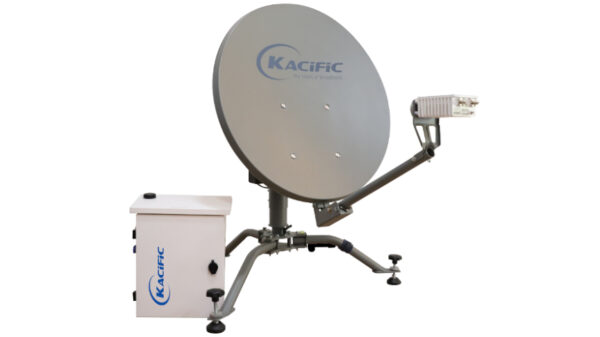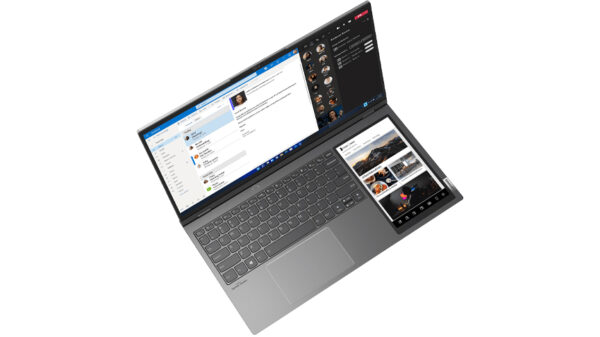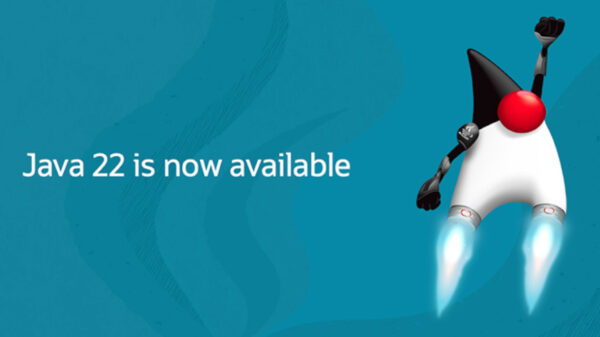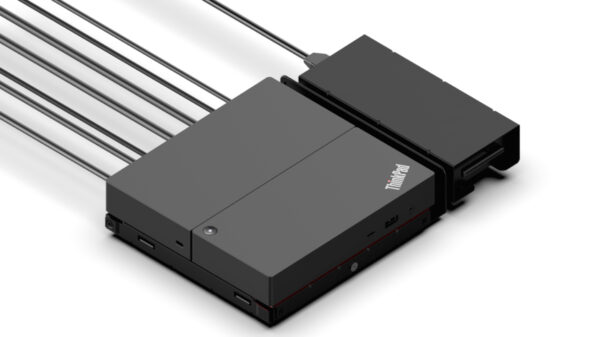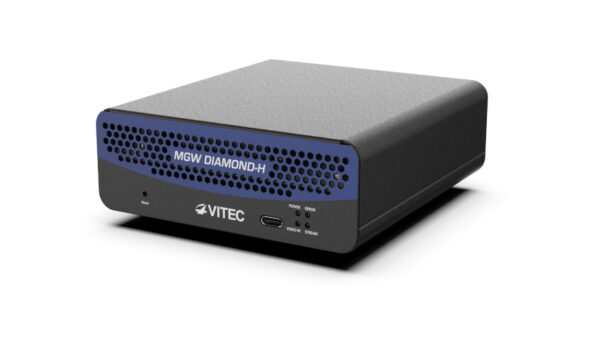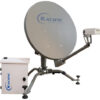AMD announced a second round of high-performance technology contributions to assist in the global fight against the COVID-19 pandemic. AMD is now contributing high-end computing systems or access to Penguin-On-Demand (POD) cloud-based clusters powered by 2nd Gen AMD EPYC and AMD Radeon Instinct processors to 21 institutions and research facilities conducting COVID-19 research.
With 12 petaflops of total supercomputing capacity now awarded, the combined compute capacity donated through the AMD COVID-19 HPC Fund would rank among the fastest supercomputers in the world according to the most recent Top500 list.
“AMD is proud to be working with leading global research institutions to bring the power of high performance computing technology to the fight against the coronavirus pandemic,” said Mark Papermaster, executive vice president and chief technology officer, AMD. “These donations of AMD EPYC and Radeon Instinct processors will help researchers not only deepen their understanding of COVID-19, but also help improve our ability to respond to future potential threats to global health.”
The AMD COVID-19 HPC Fund was established to provide research institutions with computing resources to accelerate medical research on COVID-19 and other diseases. In addition to the donations of $15 million of high-performance computing systems, AMD has contributed technology and technical resources to nearly double the peak system of the “Corona” system at Lawrence Livermore National Laboratory which is being used to provide additional computing power for molecular modeling in support of COVID-19 research.
The second round of AMD-donated compute capacity is expected to be operational starting in Q4 of this year and will be used for a number of pandemic-related workloads including genomics, vaccine development, transmission science, and modeling. Research projects range from evolutionary modeling of the virus, to understanding the virus spike protein activation that occurs prior to first interaction between the coronavirus and human cell, and large scale fluid dynamics simulations of COVID-19 droplets as they travel through the air. To maximize the impact of the research, AMD is also initiating a working group for COVID-19 HPC Fund recipients and AMD engineers to jointly discuss research areas and findings as well as hardware and software optimizations that can accelerate their collective work.
To date, the AMD COVID-19 HPC fund has donated computing systems or cloud-based computing capacity to: Cambridge University, Carnegie Mellon, GENCI / French National High-Performance Computing Agency, Harvard Children’s Hospital, High Performance Computing Center (HLRS) / the University of Stuttgart, MIT, NYU, CSIR Fourth Paradigm Institute in India, Leibniz Supercomputing Centre (LRZ), Rice, Stanford School of Medicine, Texas State University, The University of British Columbia, The University of Texas at Austin, UCLA, University of Arkansas, University of Toronto, University of Trento, University of Vermont, Virginia Commonwealth University, and Washington University.
AMD COVID-19 HPC Fund Recipient Support
Stanford School of Medicine
“We are very grateful to receive AMD’s donation of high performance servers. The diverse evolution of COVID-19 epidemics in various parts of the world raises numerous, time-critical, location-specific, policy-relevant questions,” said Dr. Jeremy Goldhaber-Fiebert, associate professor of Medicine and core faculty member of Stanford Health Policy. “Computational power like that provided by AMD allows our team to attempt to answer such question more quickly, more deeply, and for more places.”
UCLA
“UCLA is grateful for the generous gift from AMD, which will make an important impact on our research at UCLA,” said Todd Yeates, professor of biochemistry and director of the UCLA-DOE Institute for Genomics and Proteomics. “We have numerous research groups working on diverse aspects of the COVID19 problem, from epidemiology to molecular studies aimed at developing therapeutics and vaccines. Many of those studies are limited by computing needs. This new influx of power will be an opportunity for UCLA and AMD to work together in exploiting their processor technologies in new areas of computational research.”
UT Austin
“AMD CPUs and GPUs will allow our researchers to expand the scope of their COVID-19 work while also helping them accelerate their timeliness significantly,” said UT’s Interim Vice President for Research Alison R. Preston. “This includes everything from identifying viral spike protein mutations that could help improve vaccines to using machine learning technology to study COVID disease severity in patients of all ages, from newborns to the elderly.”
University of Toronto
“This new partnership is critical in helping the University of Toronto accelerate research on COVID-19 and develop innovations that will mitigate the impact of the pandemic on communities,” said Alex Mihailidis, associate vice-President of International Partnerships. “The donation of cutting-edge computing resources will allow the University of Toronto and our affiliated hospitals expand our current infrastructure and launch SciNet4Health, a platform that can securely process big data sets of private health information to advance the discovery of therapies, vaccines and disease mutations. This donation brings us one step closer to the healthcare of the future.”





